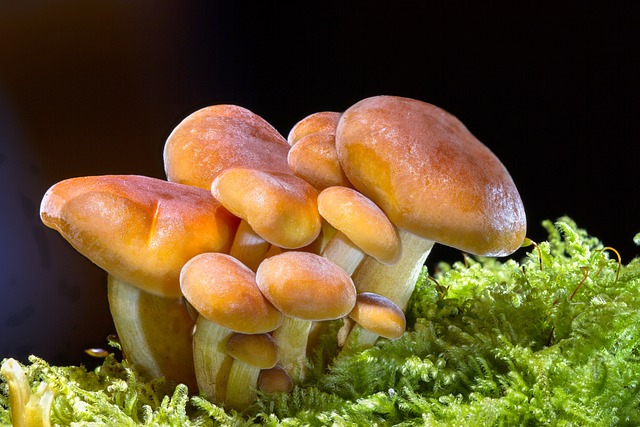Probiotics Unleashed: Discovering the Science Behind Improved Immunity
Probiotics have gained significant attention in recent years for their potential health benefits. These tiny microorganisms, often referred to as “friendly bacteria,” are known to promote digestive health, but their benefits extend far beyond just that. Research suggests that probiotics can also contribute to boosting our immune system, leading to improved overall health and well-being.
Understanding Probiotics
Before delving deeper into the relationship between probiotics and immunity, let’s first understand what probiotics are. Probiotics are live bacteria and yeasts that are beneficial to our health, especially our digestive system. They are naturally present in our bodies and can be found in certain foods or taken as supplements.
Probiotics work by balancing the levels of bacteria in our gut, promoting a healthier environment for digestion. They aid in breaking down food, absorbing nutrients, and fighting off harmful bacteria that could negatively impact our overall health.
The Gut-Immune Connection
Did you know that about 70% of our immune system is located in our gut? Our digestive tract is home to a vast network of immune cells that help protect us from harmful pathogens, viruses, and bacteria. Maintaining a healthy gut is essential for a robust immune response.
This is where probiotics come into play. By supporting the balance of good bacteria in our gut, probiotics can help strengthen our immune system. These beneficial microorganisms act as a barrier, preventing harmful bacteria from colonizing our intestines and causing infections or diseases.
Scientific Evidence on Probiotics and Immunity
Multiple scientific studies have explored the effects of probiotics on immune health. One study published in the Journal of Science and Medicine in Sport found that athletes who took probiotic supplements had a reduced risk of respiratory tract infections compared to those who didn’t take any probiotics.
Another study published in the European Journal of Clinical Nutrition revealed that probiotics can enhance the production of antibodies, which are essential for immune defense. The researchers observed an increase in antibody levels in individuals who consumed probiotic-rich yogurt regularly.
Furthermore, research published in the Journal of Allergy and Clinical Immunology suggests that introducing probiotics early in life may help reduce the risk of developing allergies. This is believed to be due to the influence of probiotics on immune system development and regulation.
Choosing the Right Probiotics
With numerous probiotic products available on the market, it’s important to choose the right ones to reap the immune-boosting benefits. Here are a few tips to consider:
- Look for probiotic supplements or foods that contain a variety of strains, including Lactobacillus and Bifidobacterium, as they have shown promising immune-enhancing properties.
- Check the label for the number of colony-forming units (CFUs) per serving. Aim for products with higher CFU counts to ensure an effective dosage.
- Consider the form of the probiotic. Some people may prefer supplements, while others may opt for probiotic-rich foods like yogurt, kefir, sauerkraut, or kimchi.
- Consult with a healthcare professional or nutritionist to determine the best probiotic strain and dosage for your specific needs.
Additional Ways to Support Immune Health
While probiotics can play a vital role in boosting immunity, it’s important to adopt a holistic approach to overall health and well-being. Here are a few additional ways to support your immune system:
- Eat a balanced diet rich in fruits, vegetables, whole grains, and lean proteins.
- Stay physically active and incorporate regular exercise into your routine.
- Get enough sleep to allow your body to regenerate and strengthen its immune response.
- Manage stress levels through relaxation techniques like meditation, deep breathing, or engaging in hobbies you enjoy.
- Practice good hygiene, including regular handwashing, to reduce the risk of infections.
Conclusion
Probiotics have emerged as a fascinating field of research, showing great potential in various aspects of health,







